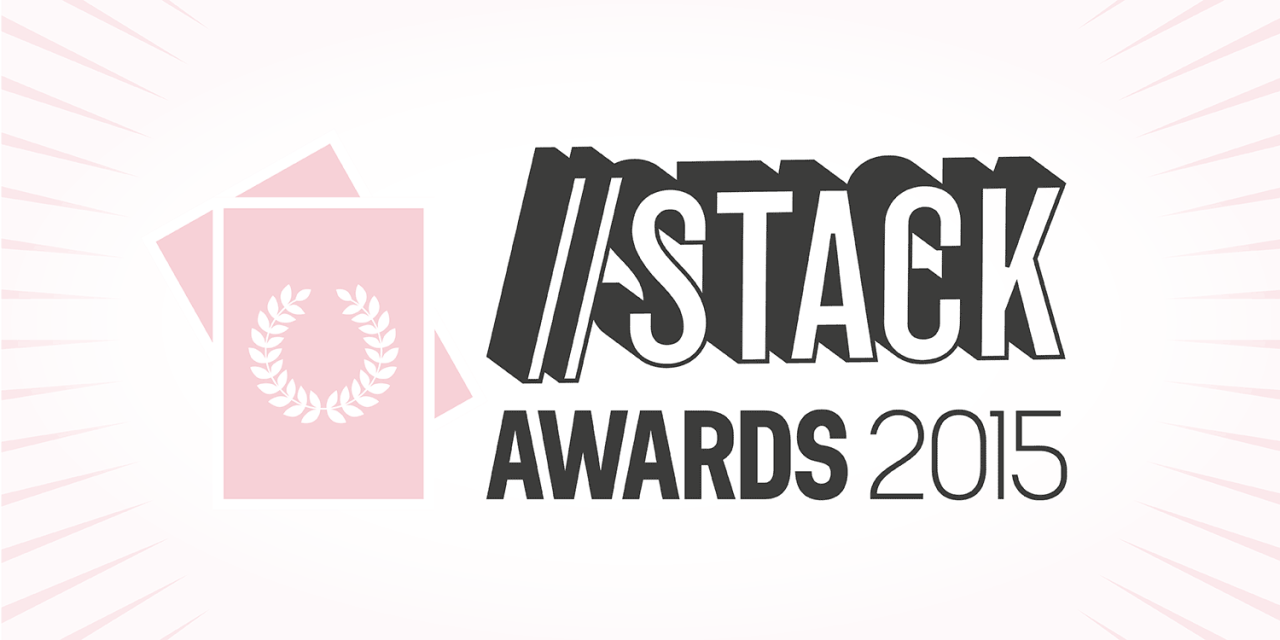As with most skills in life, the best way to become a better writer is to practise. Write every single day and your ability is highly likely to improve over time. But what about the times when you aren’t writing? Here are 5 habits to adopt in other areas of your life that will have a positive effect on your writing.
1. Be creative in other ways
It may seem counterintuitive to do something artistic other than writing, but it's often the push your creative juices need. Creativity is like a muscle and it should be trained and exercised in different and surprising ways to keep it fresh. It doesn't matter if your only skill is writing; just create for the fun of it. Pick up a camera and snap some random shots. Pick up a pencil and sketch your character. Step out of your comfort zone and, when you do come back to writing, you'll feel refreshed and energised.
2. Never stop reading
When it comes to improving your writing, this tip is mentioned often and for good reason. You should be reading as much, if not more, than you are writing. Read the classics. Read exciting new authors who are doing things differently. Find out what you like to read and what you don’t, and then work out why. When you surround yourself with so many different literary voices, it is much easier to eventually find your own.
3. Look after yourself
There’s no denying it - writing is hard work. It takes time, energy and a lot of determination to sit down day after day and write something of value. All these things can take their toll on your body, so make sure you look after it to avoid reaching burn-out. It’s common sense really, but things like plenty of sleep, regular exercise, a healthy diet and time away from a screen all result in a clearer mind and a healthier, happier writer. The image of a tortured soul who survives on only coffee and a few hours sleep may be a romantic one, but it makes your job a whole lot harder.
4. Open your eyes
In case you haven’t heard, there is a resource available that has a limitless supply of inspiration for you to tap into. And the best part? It’s around you all the time and it’s completely free. Observing the world around is the best way to write with realism. Realistic characters are everywhere, from the gossiping old lady in the queue at the post office to the disheveled man on the bus who seems a little unhinged. They are all waiting to join your literary cast. And it’s not just characters; you can describe locations, eavesdrop on dialogue and observe all kinds of daily goings-on. It’s easy to walk around with your head down and your eyes fixed to a phone, but try looking up. Sights, smells, tastes, textures, emotions, drama; everything is there and ripe for the picking.
5. Keep a notebook
Okay, this one does involve writing, but only with pen and paper. Buy a small notebook and keep it with you at all times. Now keep a log of all the observations you make in point number 4. This is really important because it’s impossible to keep all your ideas, observations and descriptions in your head. Also, you never know when something, which seemed irrelevant at the time, will be the perfect spark you need later.
I keep my notebook colour coded for easy reference later (and because I’m a bit of a notebook geek). Feel free to steal my system or make up your own if it works better for you.
- Blue: Overheard dialogue
- Green: New words and the definition to expand your vocabulary
- Red: New story or plot ideas
- Orange: Interesting characters
- Yellow: Random descriptions or observations
- Purple: Resources or websites that may come in handy (start with firewords.co.uk!)
It will feel weird at first, but soon it will become a treasure trove of inspiration right at your fingertips for whenever you want to dip into it.




















